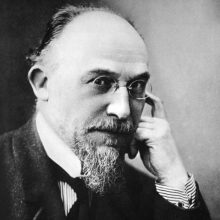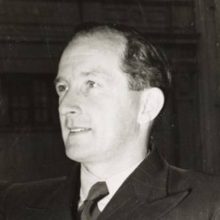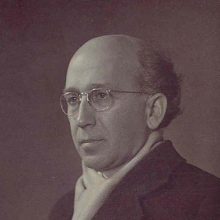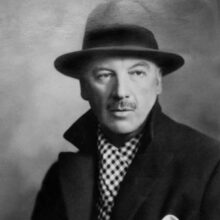Page Category: Composer Biographies
Kara Karayev
Music Plays from my collection
(since January 9th 2021)
[...] Ahmed Adnan Saygun
|[Music Play History]|[Composer Catalogue]|[Now Playing]|
Plays of this Composer's Music
(since January 9th 2021)
[...] Johan Severin Svendsen
Music Plays from my collection
(since January 9th 2021)
[...] Anton Ferdinand Titz
|[Music Play History]|[Composer Catalogue]|[Now Playing]|
Plays of this Composer's Music
(since January 9th 2021)
[...] Maxim Sozontovich Berezovsky
Music Plays from my collection
(since January 9th 2021)
[...] Akira Ifukube
|[Music Play History]|[Composer Catalogue]|[Now Playing]|
Plays of this Composer's Music
(since January 9th 2021)
[...] Joly Braga Santos
This composer's full complement of names was José Manuel Joly Braga Santos, with the first two being bracketed by Grove -indicating their optionality- and the article about him therein continually referring to him as 'Braga Santos', so that the 'Braga' bit is essentially considered part of his surname, rather than just another first name. So, he's Joly by nature, but Braga Santos for short.
Lord Berners
There are only two examples I can think of where including someone's title in the Composer tag is probably appropriate: Lord Berners and Sir John Blackwood McEwan, since no-one ever seems to mention their names without the title.
If you wanted to strictly apply the normal rules of title-less tagging, you'd really have to refer to the second example as “John Blackwood McEwan”, which sounds fine and works quite well (apart from the fact that it means there's one more 'J' to add to the enormous list of composers whose names begin with 'J'!) [...]




